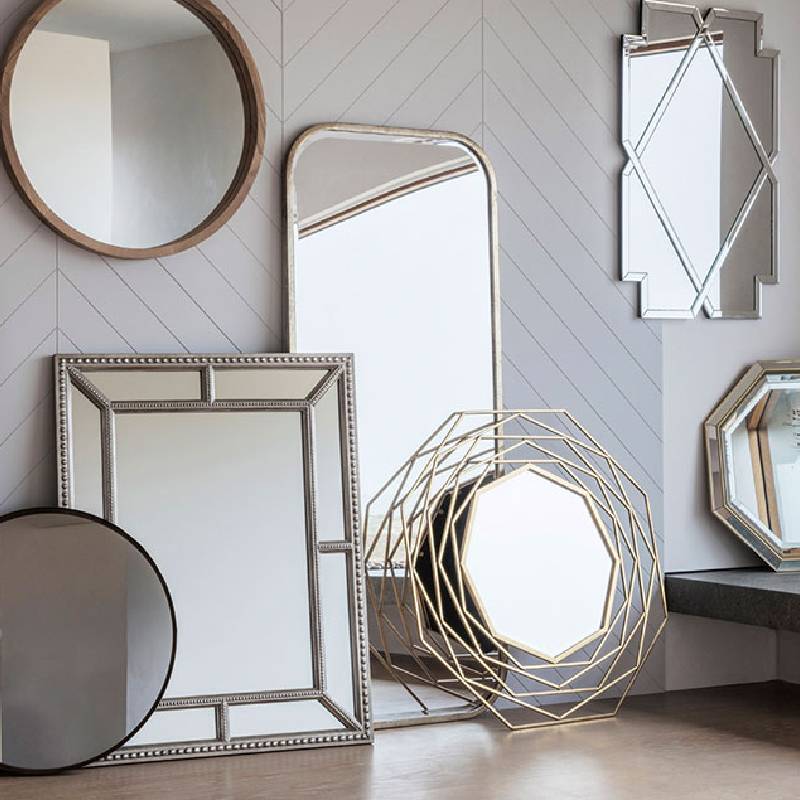

The Versatility of Aluminum Alloy Mirrors
Aluminum alloy mirrors have gained considerable attention in various industries due to their unique properties and versatility. These mirrors are not only lightweight but also exhibit excellent durability and resistance to corrosion, making them ideal for a wide range of applications, from automotive to aerospace and even architectural design.
One of the most significant advantages of aluminum alloy mirrors is their lightweight nature. Traditional glass mirrors can be cumbersome and difficult to handle, especially in large formats. Aluminum alloy mirrors, on the other hand, are significantly lighter, allowing for easier installation and transportation. This attribute is particularly beneficial in the automotive industry, where reducing weight is crucial for improving fuel efficiency and performance. Manufacturers are increasingly turning to aluminum alloy mirrors in vehicle design, where both aesthetics and functionality are paramount.
In addition to their lightweight aspect, aluminum alloys are known for their strength and durability. The inherent resilience of aluminum makes these mirrors resistant to impacts and harsh environmental conditions, such as those found in outdoor settings. As a result, they are commonly used in architectural applications, including facades, signage, and reflective panels. Their ability to withstand the elements while maintaining a polished appearance ensures their longevity and reduces the need for frequent replacements.
Another notable characteristic of aluminum alloy mirrors is their superior reflectivity. With the right surface treatment, these mirrors can achieve reflectivity levels comparable to traditional silvered glass mirrors. This high reflectivity is essential in applications such as telescopes and other optical devices, where precision and clarity are critical. By utilizing aluminum alloys, manufacturers can create mirrors that perform effectively while maintaining lower production costs.

Moreover, aluminum alloy mirrors are also more versatile in terms of design and fabrication. The malleability of aluminum allows for intricate shapes and sizes, providing designers with more creative freedom. This adaptability makes aluminum alloy mirrors suitable for both functional and decorative uses, ranging from art installations to specialized scientific equipment.
Additionally, the environmental impact of aluminum alloys is an increasingly important consideration. Aluminum is a highly recyclable material, and the production processes involved are becoming more energy-efficient. As sustainability continues to be a vital focus for many industries, aluminum alloy mirrors present an eco-friendly option that aligns with green initiatives.
The manufacturing process of aluminum alloy mirrors involves several steps, including anodizing and polishing, to enhance their surface properties and appearance. Anodizing not only improves corrosion resistance but also allows for various finishes, further expanding their application potential. Whether requiring a highly reflective surface or a matte finish, aluminum alloy mirrors can be tailored to meet specific requirements.
In conclusion, aluminum alloy mirrors represent a remarkable advancement in reflective technology. Their lightweight, durable, and versatile nature, coupled with their aesthetic appeal, positions them as a preferred choice across various industries. As technology continues to advance, the applications for aluminum alloy mirrors are likely to expand, solidifying their importance in both everyday use and specialized fields.